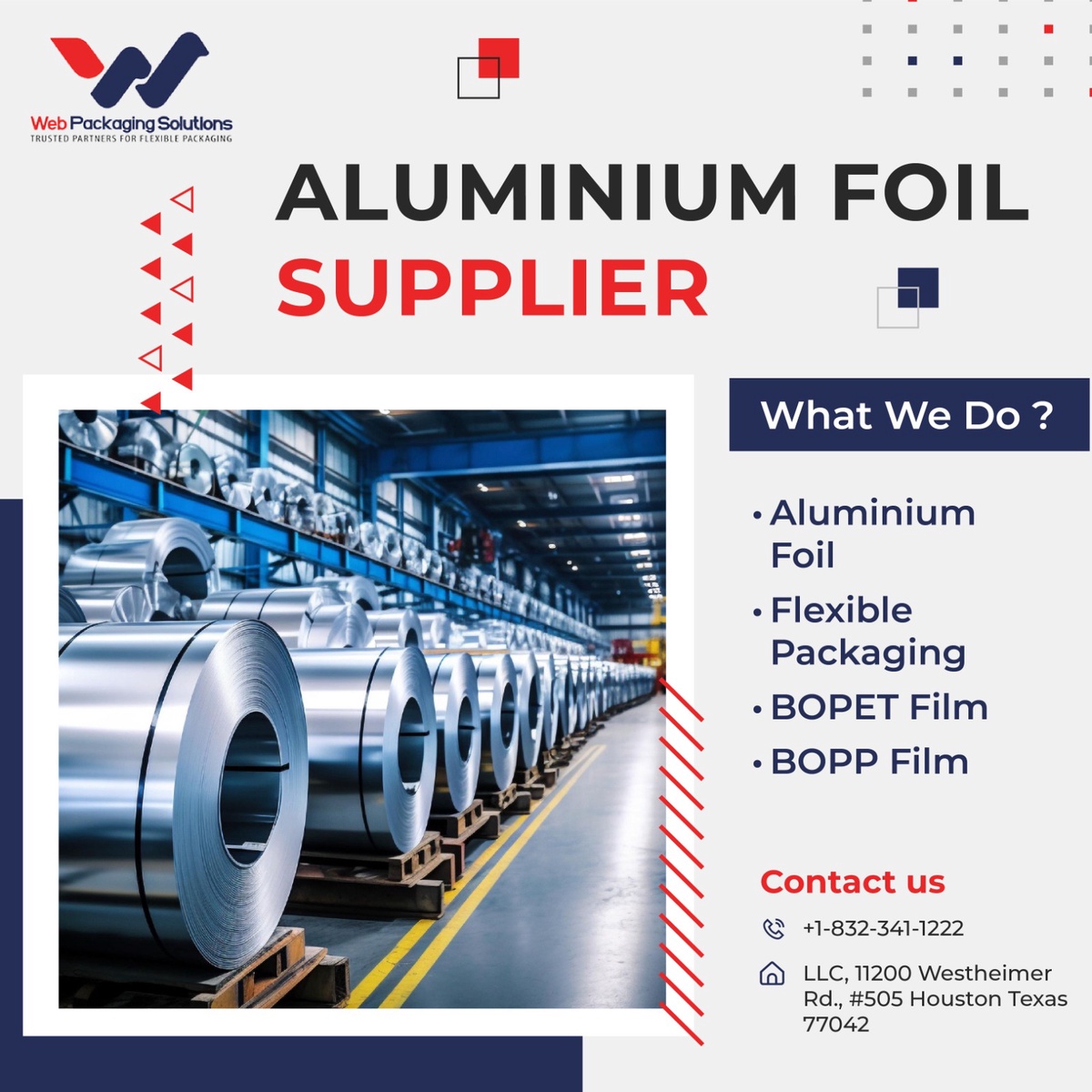Adaptability in Design
The advantage of flexible packaging is its adaptability. Unlike traditional rigid packaging formats, such as cans or glass jars, flexible packaging can be adapted to a variety of shapes and sizes for different products.
This flexibility in design opens up endless possibilities for brands to differentiate themselves on the shelf and effectively cater to evolving consumer preferences.
Whether it's a resealable pouch for snacks, a stand-up bag for pet food, or a spouted pouch for liquids, flexible packaging offers the versatility to meet diverse packaging needs. This adaptability enhances product visibility and optimizes shelf space utilization, ultimately driving sales and brand recognition.
Sustainable Solution
Over the years, sustainability has become a top priority for consumers and businesses alike. Flexible packaging presents a compelling case in this regard, offering several eco-friendly advantages over traditional packaging materials.
First and foremost, flexible packaging typically generates less waste than other alternatives, thanks to its lightweight construction and efficient use of materials. Additionally, advancements in recyclable and compostable films have further bolstered the sustainability credentials of flexible packaging, allowing brands to minimize their environmental footprint without compromising performance or durability.
Furthermore, the compact nature of flexible packaging reduces transportation costs and carbon emissions, contributing to overall sustainability of the supply chain. By embracing flexible packaging solutions, brands can align themselves with the growing demand for eco-conscious products and demonstrate their commitment to environmental stewardship.
Preservation of Freshness
Maintaining product freshness and shelf life is a critical consideration for manufacturers across various industries, particularly in sectors such as food and beverage. Flexible packaging excels in this aspect, offering superior barrier properties that effectively safeguard against elements that hamper product quality.
Whether extending the shelf life of perishable goods or preserving the flavor and aroma of delicate ingredients, flexible packaging provides an effective barrier against environmental contaminants. This enhances product integrity, reduces food waste, and enhances overall consumer satisfaction.
Moreover, advancements in active and intelligent packaging technologies have further enhanced the functionality of flexible packaging by incorporating features such as oxygen scavengers, moisture absorbers, and temperature indicators. These innovations empower brands to deliver fresher, safer, and more appealing products to consumers, thereby fostering trust and loyalty in their brand.
Conclusion
In conclusion, flexible packaging represents a paradigm shift in the world of packaging, offering a versatile, sustainable, and efficient solution for modern businesses. From its adaptability in design to its enhanced sustainability credentials and superior product preservation capabilities, flexible packaging continues to redefine industry standards and unlock new possibilities for brands across the globe.
By embracing the power of flexible packaging solutions, businesses can elevate their brand presence and market competitiveness and contribute to a more sustainable and consumer-centric future. As consumer tastes shift and environmental awareness heightens, flexible packaging is poised to lead innovation, fostering positive transformation and adding value at every stage of the product's journey.


No comments yet